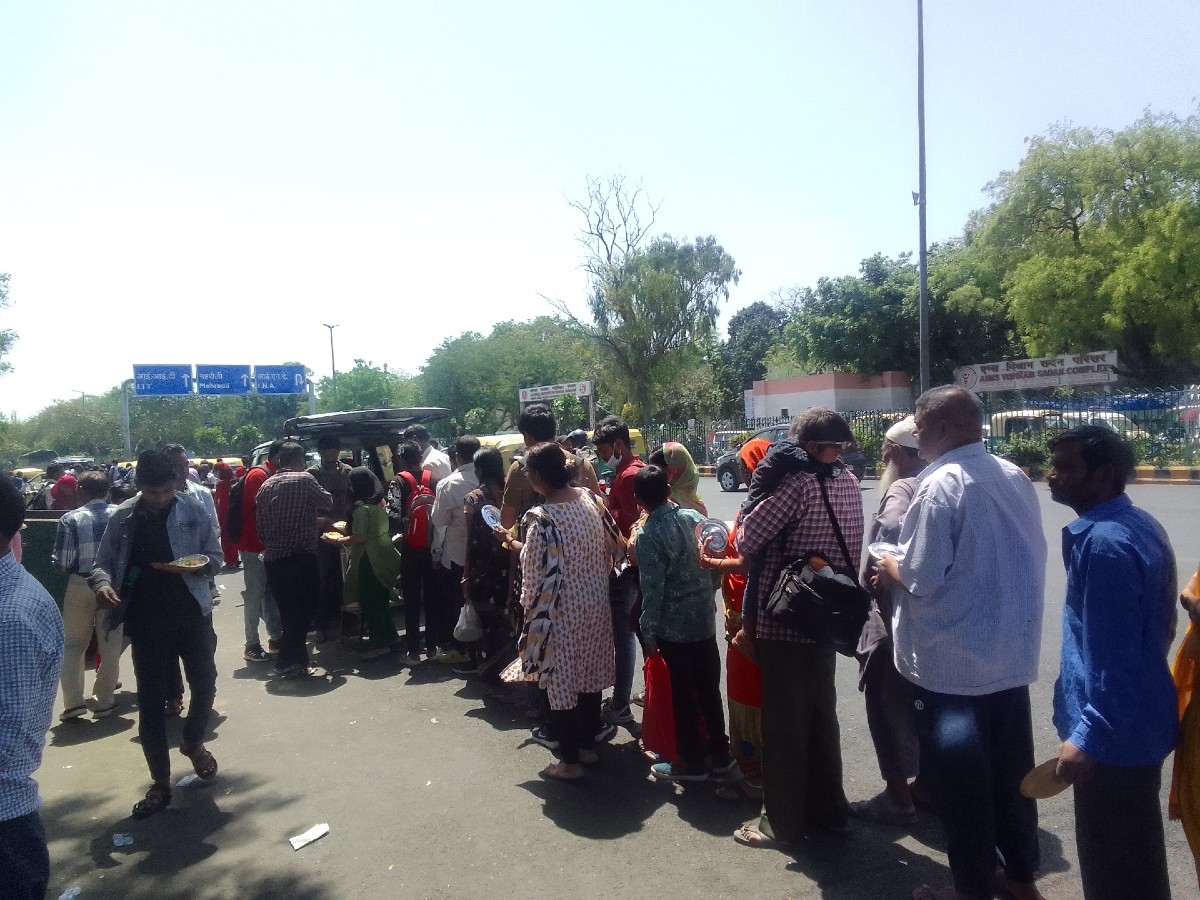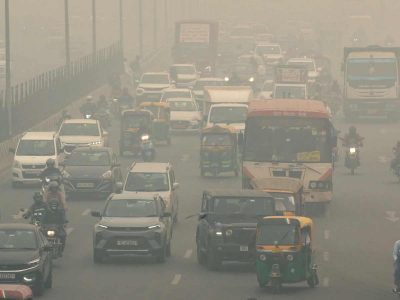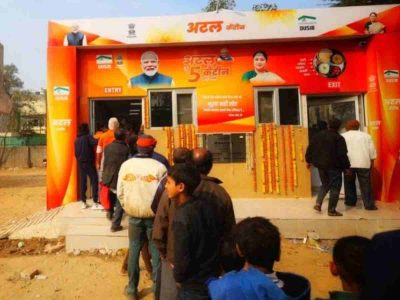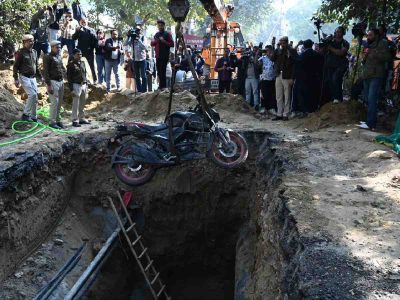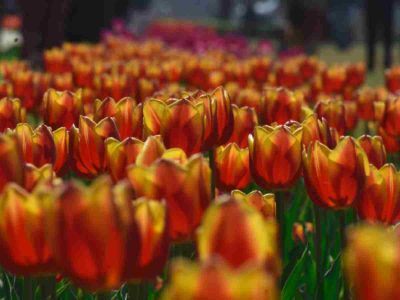Every year, ‘World Health Day’ is observed on April 7 across the globe. With the goal to ensure that every person, regardless of economic or social status, has access to essential healthcare services, the theme this year is “Health For All”.
But in India, where healthcare infrastructure remains grossly inadequate and falls short of the minimum requirements of the World Health Organization (WHO), patients are continuously suffering. Rajeev Singh is one of them.
The 28-year-old is a liver patient and is suffering due to inadequate health infrastructure. Rajeev is waiting for his liver operation for over eight months now in India’s largest and top hospital AIIMS (All India Institute of Medical Sciences), New Delhi.
Also read: Covid variant weak but follow safety protocols: City doctors
Originally from Farrukhabad, Uttar Pradesh, Rajeev told Patriot, “I have had a liver problem since 2017. Initially, I took treatment in my hometown of Farrukhabad and then in Kanpur. But with no relief, I came to AIIMS. Initially, the doctor gave me medicine and said that this would be cured by medicine, but in December 2021 they advised an operation.”
Rajeev came to Delhi with his wife on March 27 and lived in the AIIMS underpass or on the street. Like hundreds of other patients, this was the only place for Rajeev to sleep at night.
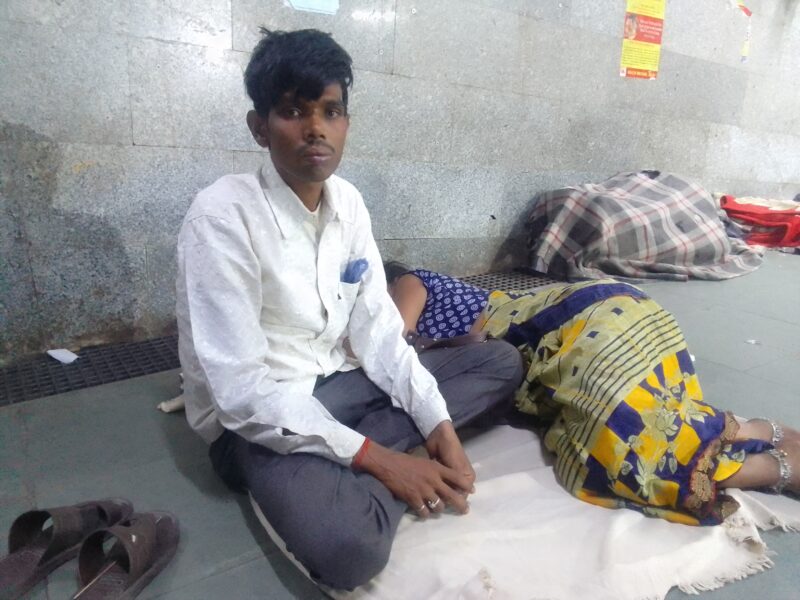
“I used to come to AIIMS every two months from Uttar Pradesh for a routine check-up. My treatment is going on under the GI (Gastro-Intestinal) Surgery department. Initially, my number was 62/22 but eight months ago, the doctor said we will tell you about your turn through phone. But I have been waiting for the doctor’s call for the last eight months. Over the last few days, when my condition was worsening, they (doctors) said, ‘we will call you this week’. But I am still waiting.
“I have managed blood for the operation and have even informed the doctor about it. Now, I will meet the doctor on Monday and will then check the status of the operation. They also suggested that I should get operated in a private medical facility but I am a farmer and do not have enough money for it. We sleep wherever we find space here and depend on langar (free charity meals) for meals,” he said.
Ajay Kumar Mishra, a resident of Bihar’s Siwan district, is also waiting for his turn at AIIMS. He came to Delhi on March 28 for kidney and heart-related problems and is living in an underpass.
“My kidney treatment has been going on since December at AIIMS. It has been three months but the doctor has not even started the medicine yet while I have undergone all my blood tests. The doctor has given me the next appointment for April 11.”
Ajay works as a labourer and underwent treatment for kidney in Gujarat and Kolkata but is now getting treated here.
He further said, “In a single day, they (AIIMS) make only one or two cards for kidney patients, no matter how many patients are in the queue, either 20 or 25. Also, they did not provide full medicines but asked me to buy some from outside.”
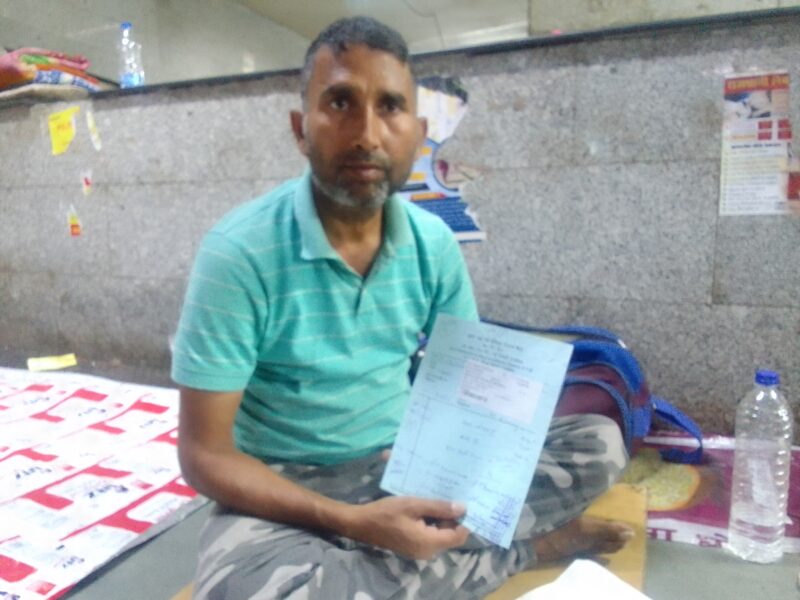
Pinki Khan, 50, has been disappointed by the system at AIIMS and has lost hope of having an operation on his right eye. He has come to AIIMS for a test for the fourth time from his native Bharatpur in Rajasthan. He is now planning further treatment in Rajasthan.
“We are here for the last three days. Yahaan sirf jaanch likh dete hain (They only write for tests here). My son has been in line (OPD) for over 15 hours. We stood in a long queue from 12 pm yesterday and our appointment came only at 9 am today. The doctor wrote some tests and gave another appointment for April 18. When I asked the doctor when can my eyesight recover, he did not even respond properly.”
On the hot day Patriot spoke to him, Pinki was waiting outside AIIMS for his son, who had gone to meet the doctor.
“I first went to a hospital in Jaipur. But they referred me to AIIMS for an operation. It seems getting treated here is out of the question. I will restart the treatment in Jaipur. There is no system of queues here. All my tests have been conducted there but they want me to undergo those tests again here. Hamari samajh se bahar hai iska (AIIMS) hisaab (We can’t understand AIIMS).”
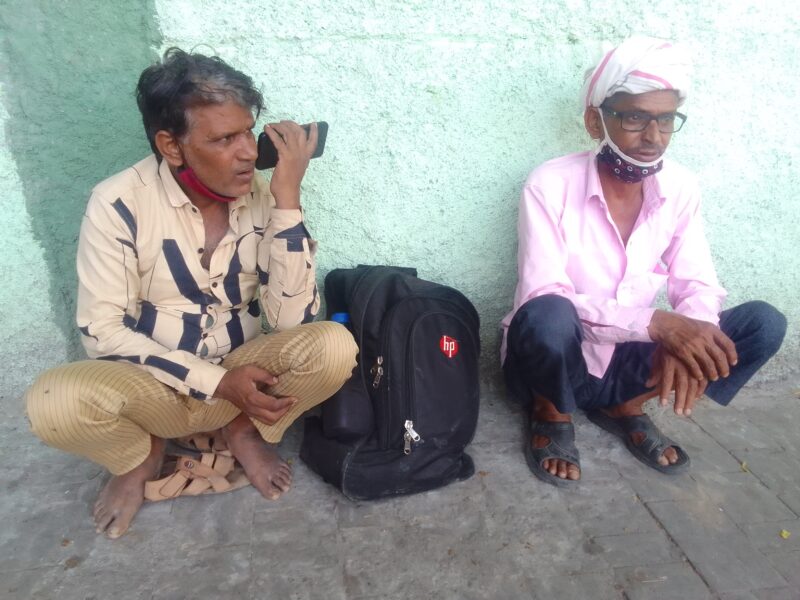
It is not only the patients of major diseases that are suffering but also patients of minor diseases.
Bijendra Singh, 60, got a fracture in his left hand on March 20. He went to NDMC’s Charak Palika Hospital for treatment.
“They gave first aid and then referred me to Safdarjung Hospital for plaster. I spent around four hours here and there, but couldn’t get treatment while I was in pain. I said please give me at least a garam patti (crepe bandage) or malham (pain-relieving ointment) but the doctor said ‘we don’t have it as of now’.
“After 15 days, I went to a mohalla clinic and took medicines from there. They treated very well. [Prime Minister] Modi has said that all treatments are free but all medicines are not available and the treatment process is long-drawn and cumbersome. Living here in underpasses and streets is also very risky. Someone snatched my bag so all my documents and ID are lost.”
In government hospitals, lack of care and negligence are also big problems. Manoj Singh, an orthopaedic patient is clearly struggling.
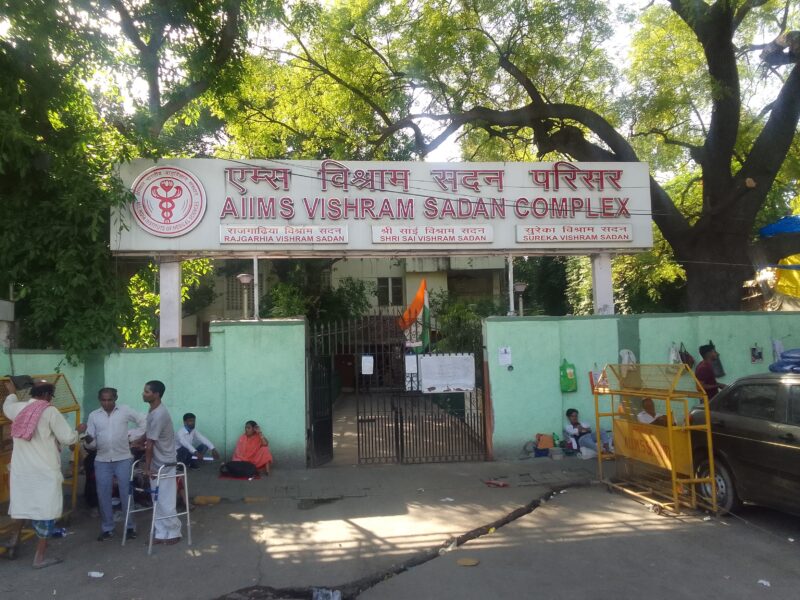
The 50-year-old went to Sanjay Gandhi Memorial Hospital for an operation on his broken leg.
“The doctor did not operate carefully. Despite two operations, my bone has not been joined correctly. After the operation there, when I came to Safdarjung for surgery, the doctor here told me that the operation was wrong and the bone has been misplaced. I have undergone two operations but the bones haven’t been joined. When I went to meet the doctor who conducted the operation, he didn’t meet me and ran away from there. Surely, I will file the case against him.”
The story of Usha Devi is also the same. She came for her husband’s cancer treatment four months ago from Jhansi and has no proper place to live here.
She painfully told the Patriot, “Who listens to the poor? We stood in the queue but the guard illegally entered his relatives so we slipped back. Twice, our file went missing. The doctors have finally started with medical fomentation. Bas upar wale ke bharose hain (We have only God to trust).”
World Health Day is observed annually to raise awareness about important health issues and encourage individuals, organisations, and governments to take action to improve global health.

